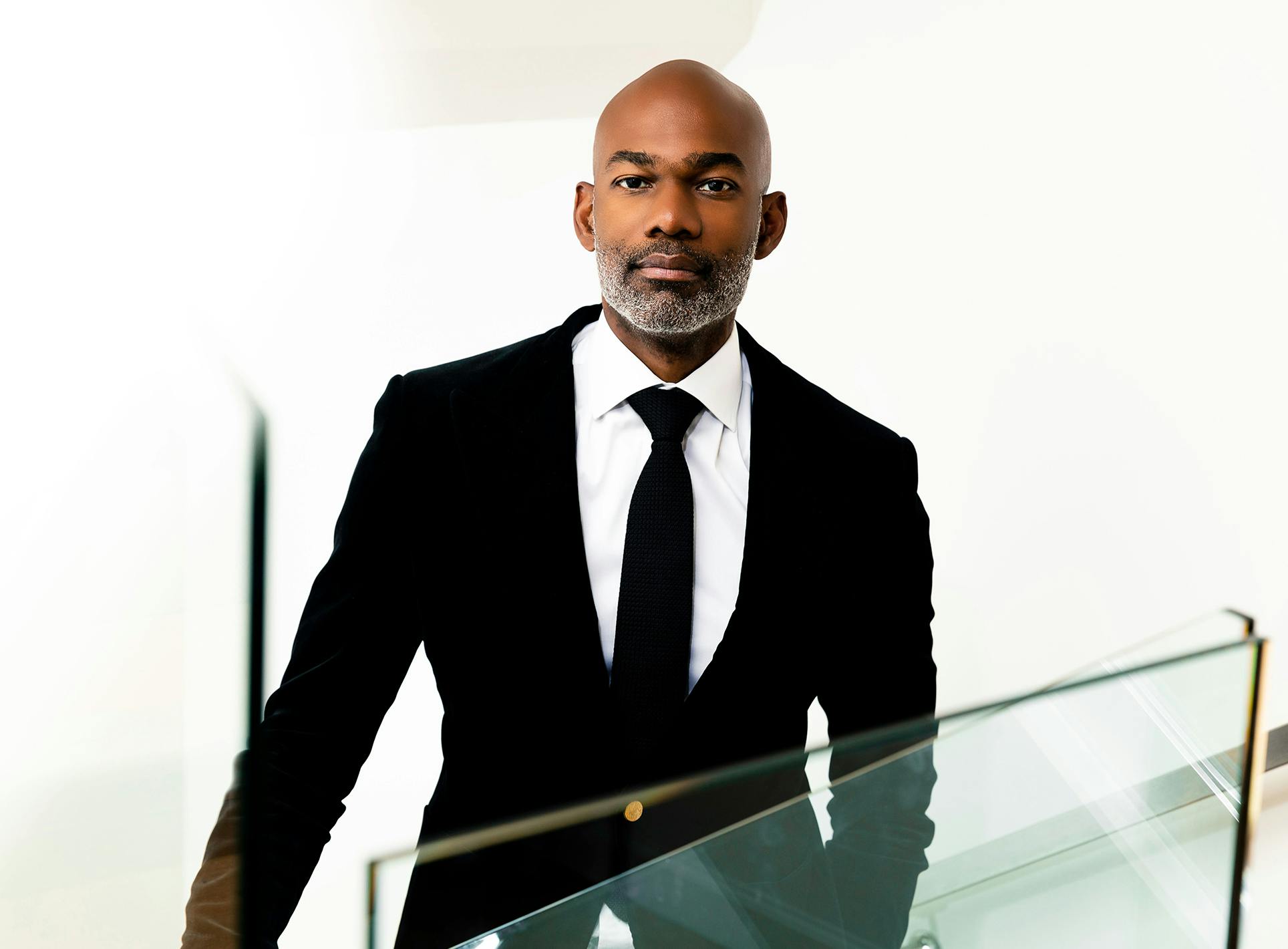Facelift Rancho Cucamonga: Turn Back the Clock with Advanced Anti-Aging Solutions
Facelift Rancho Cucamonga: Turn Back the Clock with Advanced Anti-Aging Solutions
Blog Article
Examining the Psychological and Social Variables That Drive People to Consider Aesthetic Surgery as a Way of Enhancement
The decision to go after cosmetic surgery commonly prolongs beyond mere appearances, linking with mental and social characteristics that warrant comprehensive evaluation. Elements such as self-esteem, prevalent social beauty standards, and the prevalent influence of social media sites converge to form specific motivations for surgical improvement. As these impacts become progressively prominent, understanding the underlying psychological and cultural contexts is important. What remains to be discovered is the extensive effect these elements have not only on personal identification but likewise on wider societal norms and values surrounding charm and approval.
The Role of Self-confidence
Self-esteem dramatically influences a person's choice to pursue cosmetic surgery. People with reduced self-esteem typically view themselves in an adverse light, causing sensations of insufficiency concerning their physical look. This negative self-perception can drive them to look for surgical interventions as a technique of enhancing their self-image. The need for renovation in one's appearance is often connected to an idea that such changes will certainly elevate their total self-worth and self-confidence.

Ultimately, the duty of self-confidence in the decision-making procedure relating to cosmetic surgery highlights the complicated interaction between body image, individual satisfaction, and mental wellness. Recognizing this partnership is critical for medical care experts to make certain that individuals are making notified decisions rooted in reasonable expectations and emotional well-being.
Social Charm Specifications
Influenced by pervasive media representations and cultural narratives, societal beauty criteria play an important duty in shaping people' assumptions of their very own bodies. These standards are commonly characterized by an idealized form of charm that stresses traits such as proportion, slimness, and youthful vigor. As these ideals are continued with numerous channels, consisting of tv, advertising, and film, individuals regularly internalize these messages, resulting in dissatisfaction with their all-natural look.
The ramifications of these social standards prolong past aesthetic choices; they can influence self-worth, psychological wellness, and interpersonal partnerships. People who perceive themselves as dropping short of these standards might experience feelings of insufficiency, prompting a desire for cosmetic surgical treatment as a way of attaining societal approval. This pursuit is usually sustained by the belief that adhering to these ideals will certainly improve not just physical appearance but also social standing and personal fulfillment.

Impact of Social Media
The effect of social charm standards is additional intensified by the increase of social media sites systems, where curated images and idealized depictions of elegance are ubiquitous. Individuals are frequently exposed to filteringed system and modified photographs, which often show unattainable physical features. This exposure grows a culture of comparison, leading people to assess their very own appearance versus these frequently impractical benchmarks.
Social media influencers and celebrities often advertise aesthetic procedures, stabilizing the notion that surgical improvements are a viable ways for attaining social ideals (plastic surgery rancho cucamonga). The visibility of these enhancements can create an understanding that undertaking plastic surgery is a conventional method, consequently affecting people to take into consideration comparable treatments as a path to boosted self-esteem and social approval
In addition, the interactive nature of social networks enables prompt feedback with sort and comments, additionally strengthening the wish to comply with preferred appeal criteria. Such interactions can intensify sensations of insufficiency and drive people toward plastic surgery as a way of acquiring recognition. Ultimately, social media sites plays a critical role in forming perceptions of charm, which considerably influences the decision-making procedures surrounding cosmetic surgical procedure.

Cultural Perspectives on Appearance
Across various cultures, assumptions of appearance are deeply rooted in historical, social, and economic contexts, shaping people' views on charm and value. In several societies, look works as a substantial pen of identification, influencing social status, expert possibilities, and individual relationships. For example, in some cultures, light skin is usually associated with wealth and advantage, while others may glorify darker complexion as symbols of toughness and authenticity.
In addition, Going Here conventional elegance standards are commonly continued via cultural stories, media representations, and family members affects, bring about differing suitables throughout different regions (plastic surgery rancho cucamonga). In Western societies, the emphasis on young people and fitness often drives people towards cosmetic improvement, while in certain Eastern societies, even more subtle adjustments lined up with conventional appearances may be liked
Globalization and the spreading of digital media have further complicated these dynamics, producing a hybridization of beauty ideals that goes beyond geographical limits. As people significantly navigate these social narratives, the stress to satisfy details appearance criteria can cause the desire for plastic surgery, showing a complicated interaction of personal desires and cultural values. Recognizing these cultural viewpoints is vital in attending to the motivations behind plastic surgery factors to consider.
Mental Influences of Plastic Surgery
Many individuals looking for plastic surgery record experiencing profound psychological influences that can substantially change their self-perception and psychological well-being - plastic surgery rancho cucamonga. The need for physical improvement typically comes from underlying concerns such as reduced self-confidence, body dysmorphic condition, or other societal stress relating to charm standards. For some, the prompt post-operative stage can bring about a short-lived increase in positive self-image and contentment with their look, promoting a feeling of empowerment
Nonetheless, these favorable feelings might not be withstanding. Research study indicates that while some individuals experience improved self-confidence, others might encounter elevated anxiety or anxiety if their expectations are not met. This discrepancy can develop from impractical perfects bolstered by media depiction and social narratives bordering elegance.
Moreover, the mental implications of plastic surgery prolong beyond the person. Relationships with household and good friends may be stressed as social characteristics shift, bring about sensations of seclusion or alienation. Eventually, the mental impacts of cosmetic surgical treatment are complex and complicated, needing careful consideration by both possible people and doctor to make sure educated decision-making and reasonable expectations.
Verdict
To conclude, the useful site choice to go after plastic surgery is significantly influenced by a combination of self-confidence concerns, social beauty requirements, and social viewpoints on appearance. The prevalent reach of social networks even more exacerbates these stress, advertising unrealistic perfects that people typically make every effort to obtain. Comprehending these emotional and social elements is important for resolving the motivations behind cosmetic surgery, highlighting the requirement for an extra nuanced conversation bordering charm and self-acceptance in modern society.
The choice to go after cosmetic surgical procedure often expands past plain aesthetics, linking with social and psychological characteristics that merit complete examination. Ultimately, social media plays a pivotal role in forming understandings of charm, which significantly influences the decision-making processes surrounding cosmetic surgery.
As people progressively navigate these cultural stories, the pressure to adjust to details appearance standards can lead to the desire for cosmetic surgical procedure, mirroring an intricate interaction of cultural worths and individual ambitions.In final thought, the decision to seek cosmetic surgical procedure is dramatically affected by a mix of self-worth concerns, social appeal requirements, and cultural perspectives on look. Comprehending these mental and social factors is crucial for addressing the inspirations behind cosmetic surgical procedure, highlighting the demand for a much more nuanced conversation surrounding beauty and self-acceptance in contemporary society.
Report this page